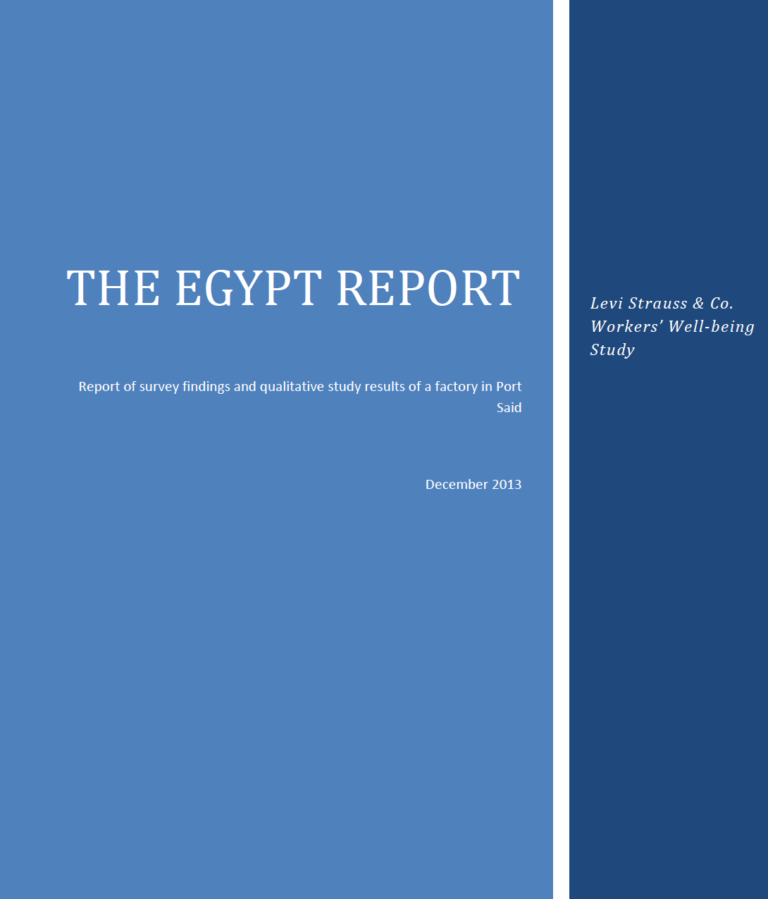Global Review of Existing Literature on the Sexual Exploitation of Boys
PublicationsThis global systematic review explored the published and grey literature about the sexual exploitation of boys. Findings from 69 qualifying publications from 37 countries around the world are reviewed. The report presents common characteristics acro...Read More

